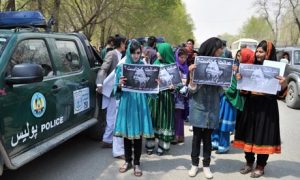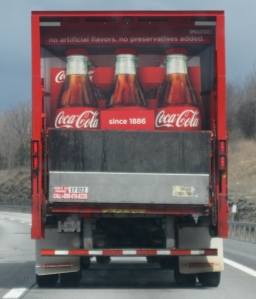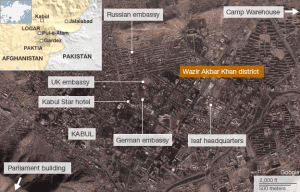It’s the month of romance in America. As a simple exercise of the imagination, go to a day your parents decide upon the young man they have in mind as a good match for you, the one you should marry. Being open-minded, your dad gives his permission for you to spend a half hour or so in the company of this young man before you agree to this. He, bless him, has offered you the right to say no.
Where in today’s Afghan society, can two non-engaged young people, a boy and a girl, chat together for half an hour or so without attracting the attention of those who feel this is wrong? The young girl asks her friend for help. “Come with me and find us a place where we can talk before I agree to live as his wife the rest of my life.”
Her bright young friend suggests the Kabul Museum and that is where they meet. The friend notes that the couple is spending more time talking about what is on the walls then about themselves, they do have some time together. That is until a security guard approaches her to ask if she is with them. She admits that she is and pleads that they are engaged, just a small stretch of the truth, to bargain for their safety. “We’ll not ask you for paperwork to prove that, but know if they do not exit in the next 15 minutes, they will face those who would make big trouble for them,” the guard tells her.
In Afghanistan, couples still struggle to find a time and place to know something of one another before committing to a lifetime of marriage. Contrast this to our young couples with the freedom to spend years getting to know one another before making a similar commitment, but one that is not necessarily for a lifetime.








 I had dinner at
I had dinner at 
You must be logged in to post a comment.